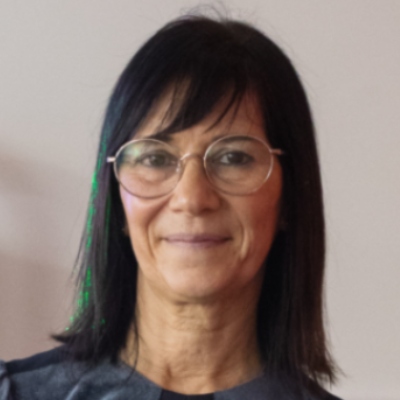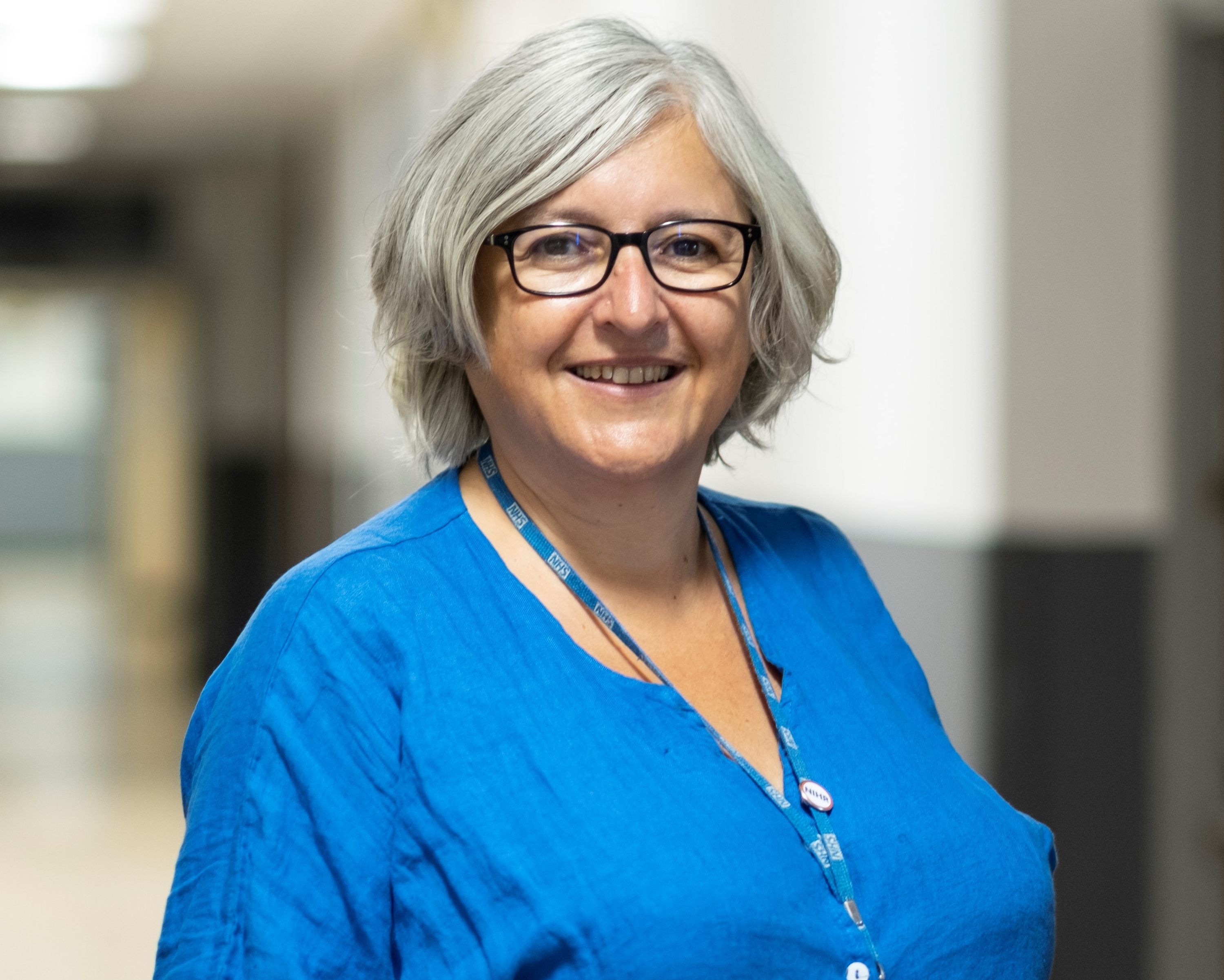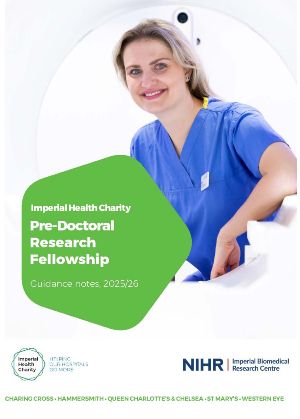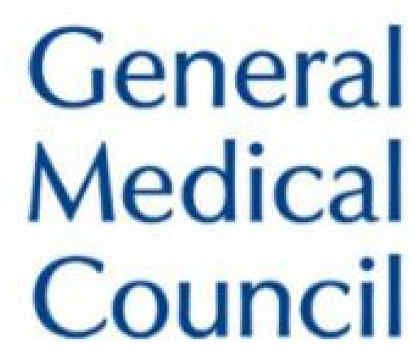RESEARCH - RADIOTHERAPY FOR BREAST CANCER
 How did you get into research?
How did you get into research?
I completed a small experimental study during my first degree that was based on my concerns about how as clinical practitioners the pressure to work at speed might impact on the accuracy of the radiotherapy set-up/positioning. This fuelled my desire to get evidence to better understand other areas of our practice that I was concerned about. I completed a further research project as part of a Masters degree and decided to then proceed to undertake a PhD which I completed while working as a clinical radiographer. My PhD was an investigation of the radiotherapy technique used for delivering radiotherapy for patients diagnosed with breast cancer. Following completion of my PhD I moved into academia so I could continue to undertake research.
What do you enjoy about research?
I enjoy trying to learn more about an area of practice, and there is satisfaction in trying to make treatment experience or treatment delivery better for future patients. I enjoy reading the existing literature on a topic and trying to understand how we might be able to make improvements and build on the research of others. I like to work with colleagues from different disciplines as it allows you to see problems from different perspectives, it makes you challenge your own perspectives or widely held beliefs and to consider solutions beyond those you can come up with on your own. Research requires you to constantly problem-solve, and to be creative, to come up with different ways to test or explore a problem and this can be an exciting challenge.
What was the most difficult aspect of doing your PhD?
For me it was managing the sheer volume of data and number of activities as a sole researcher. My PhD was a randomised controlled trial including 360 patients and I was responsible for recruitment, consenting, data analysis, data integrity, data management, ethics approval, basically every part of the research process I was responsible for each part. In a normal research project this would be undertaken by a team working together, each with different roles and responsibilities, for my PhD I had to complete practically all of it myself and keeping on top of image analysis while making time for ongoing recruitment and consenting was quite a balancing act. That said it provided me with good experience in project management and time management skills.
What difference has your research training and experience made to your career?
Gaining a PhD literally opened up new doors and new avenues for career development that otherwise would not have been available to me. It provided an opportunity to work with the College of Radiographers on their national research group and to work with colleagues outside of my immediate geographical location. I was able to progress through the academic career pathway from senior lecturer to Reader and then Professor and culminated in the opportunity for me to be appointed to the role as Director of the Health Research Institute at Sheffield Hallam University, leading on the strategic direction of the research institute. As I have progressed in my career it has led on to invitations to examine other PhD students, supervise other PhD students, invitations to working on steering groups, advisory boards and to mentor new researchers, all of which I thoroughly enjoy doing. Most of all having a PhD allowed me to progress into an independent researcher and lead on multi-disciplinary research projects in areas of practice that I am passionate about.
How has research changed your clinical practice?
I am an academic so I don’t work clinically. However, I feed my research outcomes into the teaching curriculum to support both UG and PG students training in breast cancer radiotherapy. We also try to ensure that the products we develop through our research are embedded in clinical practice. For example, many Radiotherapy centres use our co-designed radiotherapy information portal to support patients to undertake deep inspiration breath hold (www.respire.org.uk).
What has made a difference to progressing your research career?
One significant factor in my career was the move between Reader to Professor. I was lucky enough to join a special mentoring scheme at Hallam for female researchers and for the first time in my career I had a mentor and I found it transformational. In my role as Director of the Health Research Institute I also was lucky to have a short period of 1 to 1 leadership coaching which again I found transformational in terms of enhancing my leadership capabilities.
Where do you see your clinical academic career going over the next five years?
I have a strong vision for where I would like to see my research going over the next 3 to 5 years. The focus of my efforts are to move my current research projects along the innovation pipeline to commercialisation and embedding the research products and innovations into practice; this includes three research projects all focussed on radiotherapy for breast cancer. Simultaneously, my plan is to build our Cancer Care research theme at Hallam into a sustainable research group with a broad portfolio of externally funded research activity. I will continue to supervise and examiner PhD students and support the research community at Hallam through mentoring and research leadership.
Prof Heidi Probst, Professor of Radiotherapy and Oncology, Centre for Health and Social Care Research (CARe), h.probst@shu.ac.uk
Useful links
Contact us
The CATO Team and Radiographers Incubator work on a Hybrid model, combining days in the office with days working from home – the best way to reach us is by email.
cato@imperial.ac.uk
radresearch@imperial.ac.uk
+44 (0)20 3313 7397



